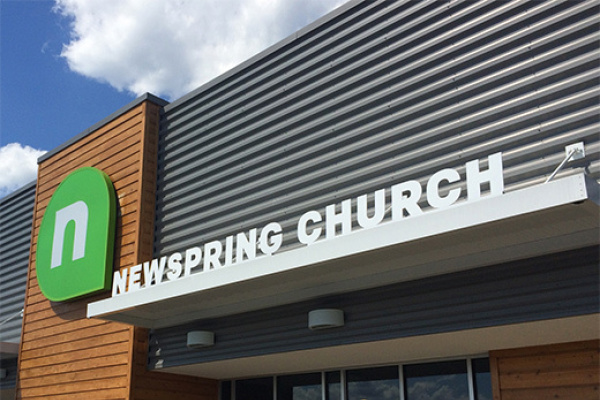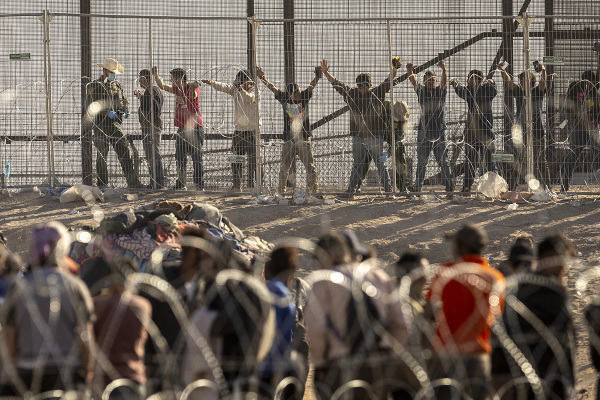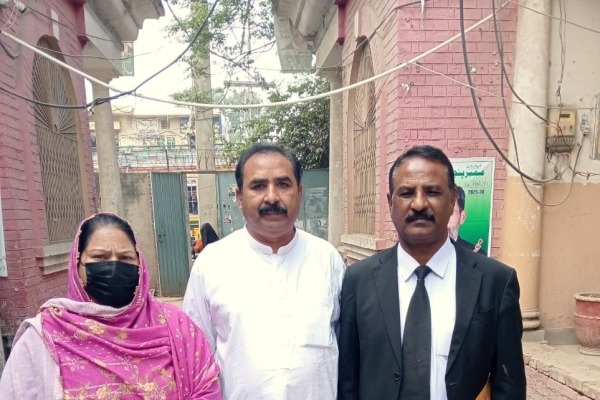Wikileaks: U.N. Peacekeepers Traded Food for Sex With Underaged Girls
United Nations peacekeepers in Ivory Coast have traded food for sex with underage girls, according to a United States Embassy cable released by Wikileaks.
The cable was written last year and was in regards to a study done by aid group Save The Children U.K. in 2009, which found that out of ten underage girls asked, eight of them said they had performed sexual favors with Beninese peacekeepers in exchange for food and lodging.
United Nations spokesman Michel Bonnardeaux confirmed that 16 Beninese peacekeepers were sent back to Benin and barred from service after an investigation confirmed the exploitation.
"We see it as a command and control problem," Bonnardeaux told The Associated Press. Of the 16, ten were commanders and the rest were soldiers.
The commanders, he said, "failed to maintain an environment that prevents sexual exploitation and abuse."
Bonnardeaux also said that there were 42 allegations of sexual abuse by U.N. staff in Ivory Coast reported since 2007. Sixteen involved minors.
Some parents were encouraging peacekeepers to have sex with their daughters in exchange for food.
Ivory Coast is one of the poorest countries in the world, with roughly half of the population living below the poverty line. That is a number that doubled since 1999, with a civil war in 2002-2003 partially to blame, causing intense strife in the region. The United Nations has maintained a strong presence in the region since 2004.
The United Nations came under criticism from Thabo Mbeki, the former president of South Africa and a mediator between the United Nations and Ivory Coast, for pressing for elections in Ivory Coast earlier this year between incumbent President Laurent Gbagbo and U.N.-backed candidate Alassane Ouattara.
Gbagbo lost, but refused to step down, resulting in widespread violence.
“The objective reality is that the Ivorian presidential elections should not have been held when they were held,” he said. “It was perfectly foreseeable that they would further entrench the very conflict it was suggested they would end.”
At least 149 real or perceived supporters of Gbagbo were killed since Ouattara’s supporters took control of the capital, Human Rights Watch said in June.






















